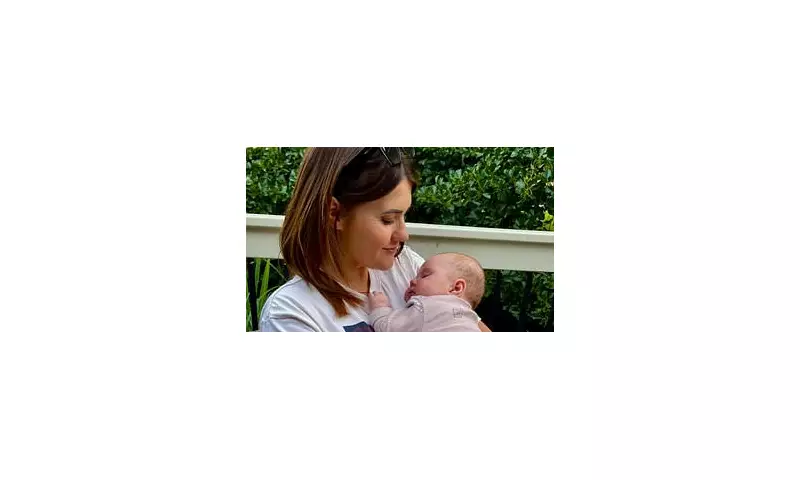
In a shocking and deeply personal revelation, Capital FM presenter Aimee Vivian has shared the terrifying details of her brush with death after developing a severe case of sepsis just weeks after welcoming her baby boy.
The new mother's ordeal began with what she believed was a simple case of mastitis—a common inflammation of breast tissue often linked to breastfeeding. However, her condition rapidly deteriorated into a full-blown medical emergency that left her fighting for her life.
A Mother's Instinct Versus Medical Advice
Vivian recounted how she initially sought medical help but felt her concerns were dismissed. "I knew something was seriously wrong," she stated, describing intense pain and flu-like symptoms that overwhelmed her body. Despite her instincts, the severity of her situation was initially underestimated.
Her persistence ultimately led to a diagnosis of sepsis—a life-threatening condition where the body's response to infection causes injury to its own tissues and organs. She was immediately hospitalized and placed on a powerful course of intravenous antibiotics.
The Agonizing Choice: Motherhood Interrupted
The treatment came with a heart-wrenching consequence. To ensure the antibiotics would not pass to her newborn through breast milk, Vivian was forced to abruptly stop breastfeeding. She described this separation as "agonising," a devastating blow during what should have been a period of bonding with her child.
"The physical pain was one thing, but the emotional pain of not being able to feed my baby was something else entirely," she shared, highlighting the often-overlooked psychological trauma of postnatal complications.
A Warning to Other New Parents
Now on the road to recovery, Vivian is using her platform to raise critical awareness about postnatal sepsis. She urges new parents to trust their instincts and advocate fiercely for their health.
"If something doesn't feel right, it probably isn't. Don't be afraid to go back to the doctor, to the hospital, to demand help," she implored. Her story serves as a powerful reminder that infections can escalate with frightening speed, especially in the vulnerable postpartum period.
Her courageous decision to speak out provides a vital public service, turning a personal nightmare into a potential lifesaver for others. It underscores the importance of recognising sepsis symptoms—like high fever, rapid heartbeat, and confusion—and seeking immediate medical attention.





